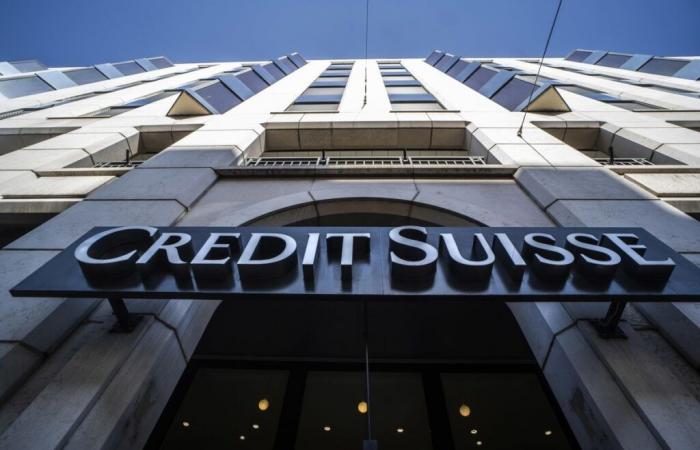
Breaking news December 20th at 8pm
The Swiss Parliament have called for a regulatory tightening on the financial sector after an investigation into the collapse of Credit Suisse. The investigation, the results of which were presented on Friday 20 December, casts an unflattering light on the supervisory authorities and places the responsibility for the crisis above all on the managers of the institute Zurich.
The attacks on Finma
Particularly in the sights of Parliament the Swiss financial supervisory authority is over, Finma. According to a special commission, the decision taken in 2017 by the authority to grant a Credit Suisse an exemption from capital requirements made the bank's real situation opaque, preventing corrective measures from being taken in time.
The choice was deemed “inappropriate” by the legislatorsdespite being technically legal. That concession allowed Credit Suisse to bring capital levels above the minimum required, even though the bank was already on its way to bankruptcy. MPs said the regulatory filter allowed the bank to “maintain the appearance of sufficient capitalization until the end.”
The concession was requested by the then head of Finma, Mark Branson. In response to the criticism, the regulator said it was working to “strengthen supervision and implement lessons learned from the Credit Suisse case.” Mark Branson, 56, currently heads Germany's financial regulator Bafin. He was replaced at the helm of Finma by Urban Angehrn and, in April this year, by Stefan Walter.
Lawmakers expressed regret that Finma had failed to fully address a Credit Suisse the numerous shortcomings he had identified. However, the report also highlights that the supervisory authority acted correctly in many circumstances, despite having limited information.
Finma's defense
“Finma didn't do everything wrong,” he said Roger Nordmann, social democratic parliamentarian, during a press conference in Bern. The report also cited a legal assessment that granting the regulatory filter was appropriate at the time.
Lawmakers also criticized the government for taking too long to introduce reforms resulting from the last financial crisis. One example was the lack of a tool that would allow the government to quickly inject liquidity into a bank.
The report presented Friday 20th paves the way for new legislation to strengthen the system of controls on the Swiss financial system. Among the most significant proposals is that of equipping Finma of the power to fine major banks and individuals. Currently, Switzerland is almost alone among major financial centers in not having a legal basis for infliction financial penalties. Lawmakers also suggested banning the distribution of bonuses when banks do not generate profits. (reproduction reserved)





